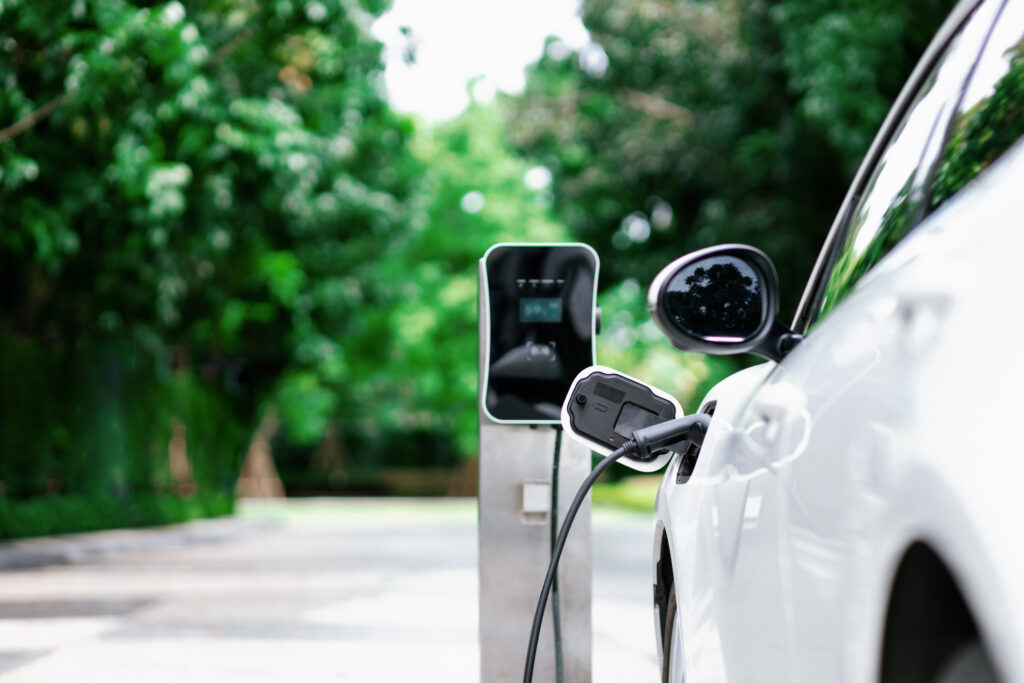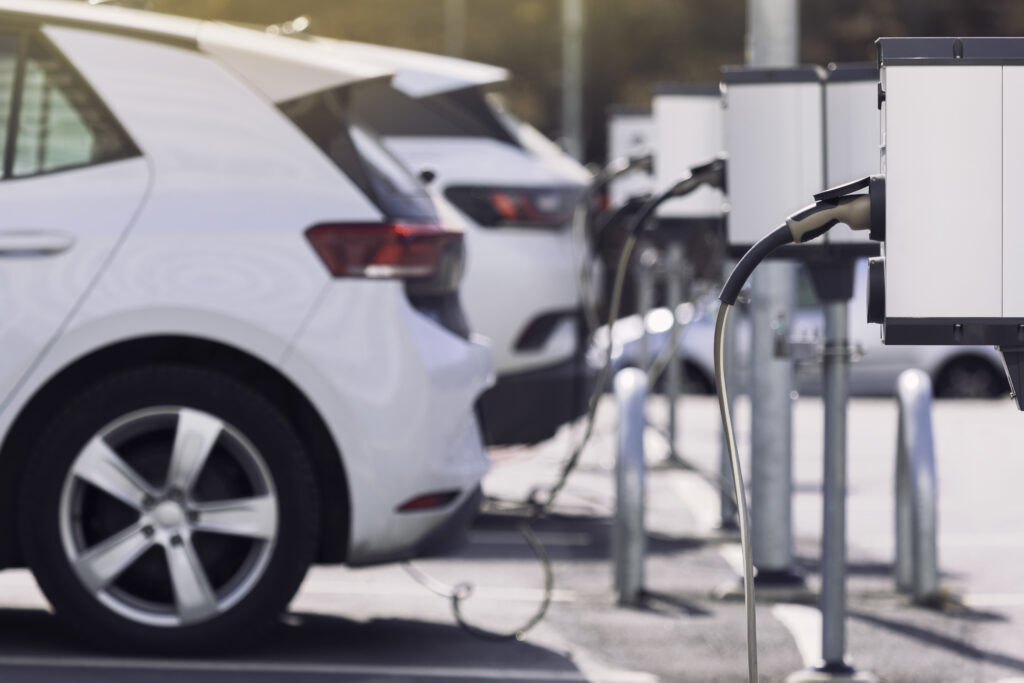Buying a car isn’t an easy decision. There are so many options out there. Balancing the wants you have with the budget you’re working with can be challenging. And then there’s deciding between a new car and a used one. With the overwhelming number of options and choices it can be hard to know where to start. That’s why we made this guide, to share what to know when buying a car. So let’s fasten our seatbelts and get started.
Vehicle Type
Everyone’s vehicle requirements are different. At the top of the list of what to know when buying a car is knowing what you’re looking for. The person looking for a sporty, luxury vehicle probably won’t end up with the same vehicle as someone looking to wheel a clan of kids around. Finding the balance of necessity and versatility is important. Start with the things you know you’re definitely going to need your vehicle for. Then consider the things you might use it for. Here are some traits many drivers prioritize in their vehicles.
Miles Per Gallon
Will you be driving this vehicle to and from work every day? Or is this a vehicle more for your weekend trips out into rugged lands? Will you be doing more city travel? Is this vehicle mainly for road trips? If you’re a high mileage driver, good gas mileage is a must have. In fact, it’s a must have for most people buying a car. If you travel less than 100 miles each month, that might not be as important. Before you buy a car, think about the amount of miles and type of driving you plan on doing. Unless you’re prepared to fill up your tank multiple times a week, a pickup truck may not be worth purchasing to commute to and from work.
Safety Features
Safety on the vehicles of today is far more advanced than that of vehicles ten, even five years ago. Back up cameras and sensors are mandatory on many makes. This increased safety, and even more advanced safe driving features might appeal to people looking for cars. Especially those that allow their kids to drive their cars. It’s one more factor to prioritize when making the choice.
Sustainability
The question of miles per gallon flies out the window when electric vehicles come into the picture. The question instead becomes “are there enough charging stations in my area?” Electric vehicle infrastructure is growing, but it’s still very much in its infancy. For people driving minimal distances around their home/charging station, this won’t be an issue. For those driving greater distances, this could pose a problem.
Another issue with electric vehicles is availability. Auto manufacturers have promised to deliver more of these to a market saturated with gas powered vehicles, but it will be a few years before they’re as widely available. Current buyers will lack the range of vehicle types and price points that buyers of a few years later will enjoy.
Additional Features
Heated seats? Remote start? Sunroof? These and many other features sit solidly in the “nice to have” camp. Even when winter is at its coldest and the heated seat feels essential, most drivers can do without them. When looking at vehicle options, consider how much these will impact your life. A sunroof may be nice on a beautiful day, but how often will you really use it? On the other hand, cruise control may be a feature you don’t want to drive without.
New or Used
Do you want to buy a new vehicle? Or a used vehicle? This is a popular topic of debate when purchasing a vehicle today, and the side you land on heavily influences what to know when buying a car. There are benefits and downsides to both. Let’s start with buying a new vehicle.
Purchasing a New Vehicle
When purchasing a new vehicle, you will be its first owner. This is important to some car owners. Buying a vehicle from a dealership, you may also have more choices in terms of models and packages. You can drive something off the lot, or potentially order one in a specific color with whatever additional features you’re looking for. Depending on what you negotiate with the dealership, there may also be a warranty if something goes wrong. You might also receive a number of oil changes and tire rotations you won’t have to pay for. Now, for the downsides.
As soon as you drive your new vehicle off the lot, it begins to depreciate in value. If you tried to turn around and sell your new car immediately, you would already be out several hundred if not thousand dollars. Due to the pandemic impacting car production, the rate of depreciation has dropped, but this is likely temporary.
Purchasing a Used Vehicle
When purchasing a used vehicle, you have a market at your fingertips. You may have to do more searching and you may have to travel a bit to find exactly what you’re looking for. That additional effort doesn’t change the fact that you will be paying less for the vehicle you want.
However, your new-to-you vehicle has a history with another owner. If you’re not buying through a dealership, hopefully you find an honest person selling a vehicle they treated well in the time they had it. Unfortunately, this isn’t always the case. You will want an independent inspection before making the purchase and to request the CARFAX. If you buy through a dealership, there may be a warranty. If you buy from a private owner, that won’t be an option. Financing is also different. A dealership may offer a payment plan, but most private or by-owner vehicle transactions are paid in cash. Depending on the vehicle’s price, that may not be an option for many buyers.
Financing
This is what your decision really comes down to. Setting aside a list of what to know when buying a car, at the end of the day the question is: what can you afford? Begin with the essentials, and see what your options in that price range are. For example, if you’re looking for a car with good mpg mostly for driving to and from work, you’ll have a large variety of vehicles. But if you’re looking for a commuter that also has 4-wheel drive for seasonal weather, your options shrink quite a bit.
When considering your purchase, put your financial well-being above the nice to haves in your vehicle. Paying for a car with cash is an ideal situation. However, not everyone is in the position to do so. Dealerships may have special offers that are dependent on the financing plan you choose. Make sure you aren’t ultimately spending more in interest because of this. Or applying for a loan through a bank may be the route for you. Banks may offer a lower interest rate and a longer term, which can help some make their car payments easier. Research your options before making the final decision on how to finance your car.
Reflecting On What to Know When Buying a Car
Buying a vehicle, whether it’s your first or fifth, is a big decision. Ultimately, what to know when buying a car depends on your personal needs. Take your time and do your research. Consider all factors. Figure out your vehicle necessities and your nice to haves. Then see what options you have in your area. Take a look at a number of different dealers or private owners before committing to your choice. When you’re ready to make your purchase, make sure you have all the essentials you need. And make your financial health a priority. Don’t buy a vehicle you can’t afford!







